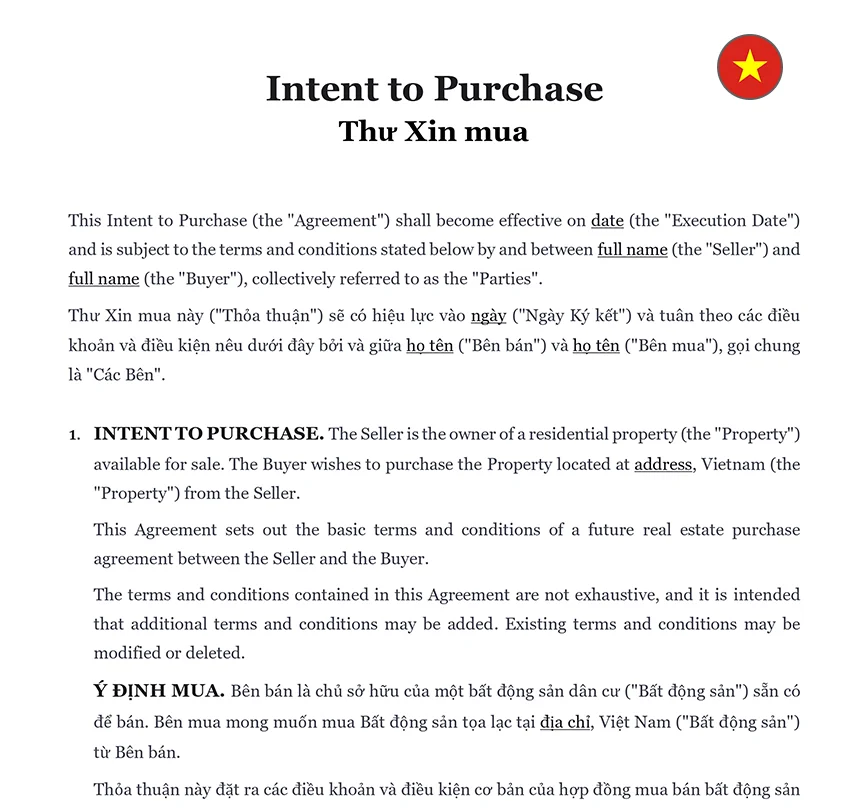Understand the Benefits of Taking a Property Off the Market
Taking a property off the market ensures that the property is reserved exclusively for you, preventing other potential buyers from making an offer. This step is crucial in a competitive market where desirable properties can be sold quickly. By taking a property off the market, you gain time to conduct thorough due diligence, secure financing, and negotiate favorable terms without the pressure of competing offers. This approach reduces the risk of losing your preferred property to another buyer and provides a structured path towards finalizing the purchase.
ℹ️ Read How to Buy Real Estate in Vietnam: A Legal Guide for general buying tips.
Steps to Take a Property Off the Market
To take a property off the market, follow these detailed steps:
1. Conduct Due Diligence
Investigate the property thoroughly. This includes verifying its legal status, ownership, and any existing encumbrances or liens. Conduct property inspections to assess its condition and ensure there are no hidden issues that could affect its value or suitability. Learn more in Legal Considerations When Buying Land in Vietnam for specific land-related advice.
2. Negotiate Terms
Discuss and agree on the terms with the seller. This includes the purchase price, payment schedule, and any contingencies such as required repairs or improvements. Clearly outline these terms to avoid misunderstandings later. Discover Legal Tips for Engaging a Real Estate Agent in Vietnam for agent-related guidance.
3. Prepare Legal Documents
Use professionally prepared templates from Themis Partner to ensure all legal requirements are met. Our templates are designed to cover all necessary aspects of the transaction, ensuring that nothing is overlooked.
4. Sign an Intent to Purchase Agreement
This document signifies your intention to buy the property and outlines the agreed terms. It serves as a binding commitment that the seller will not offer the property to other buyers while you complete the purchase process.
The Role of an Intent to Purchase
The Intent to Purchase agreement is a crucial document when taking a property off the market. It formalizes your interest and provides a legal framework for the transaction. This agreement should include:
Property Details: A full description and address of the property, ensuring there is no ambiguity about the property in question.
Purchase Price: The agreed-upon price for the property, providing clarity and commitment from both parties.
Deposit Amount: Any initial deposit made to secure the property. This deposit is usually a percentage of the purchase price and demonstrates your commitment to the transaction.
Conditions: Specific conditions that must be met before the final sale, such as securing financing or completing property inspections. These conditions protect both the buyer and the seller by ensuring that all necessary steps are completed before the transaction is finalized.
ℹ️ Explore our Land Purchase Agreement Template for land-specific details.
Drafting a Secure Intent to Purchase Agreement
Creating a secure Intent to Purchase agreement is essential. Use our templates to ensure:
| ➤ Comprehensive Details: Include a full property description, seller and buyer information, and all agreed terms. |
| ➤ Legal Compliance: Ensure adherence to Vietnamese laws and regulations to make the agreement legally binding. |
| ➤ Clarity and Precision: Clearly define all terms to avoid misunderstandings and potential disputes. |











